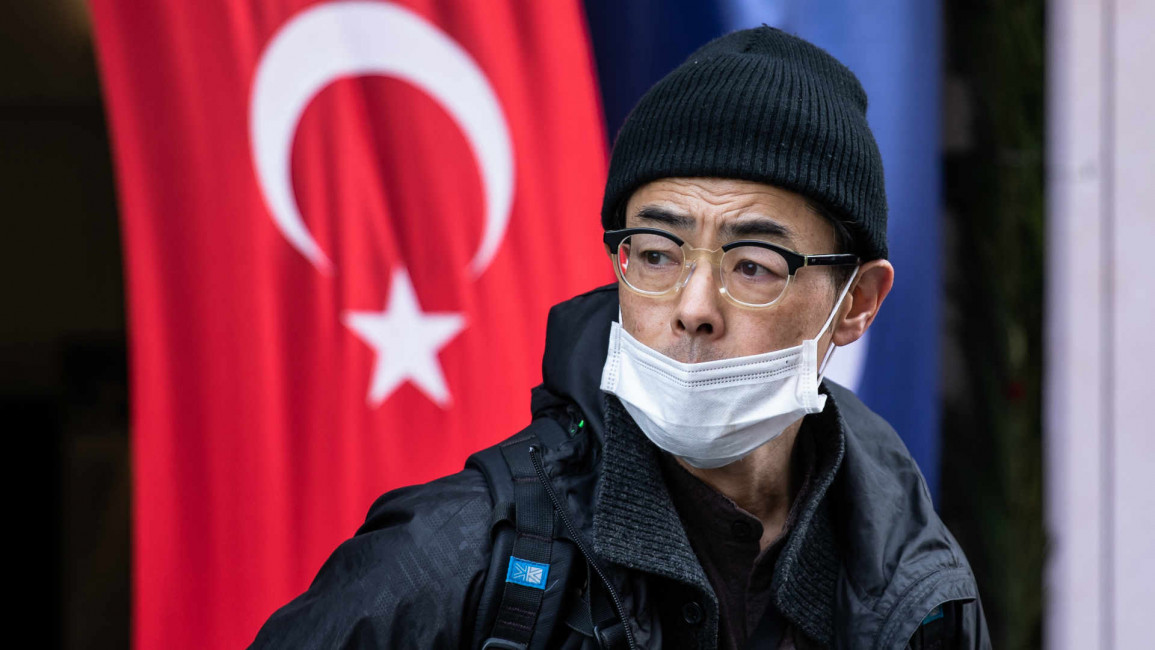Turkey to export speedy coronavirus detection kits to Uzbekistan, Kyrgyzstan
Health Minister Fahrettin Koca said the detection kits have a 99.6 percent accuracy rate and can provide results in two hours, Reuters reported.
Produced in line with data from the World Health Organisation, the Turkey-made kits are slightly slower than those in Germany or France.
"We will be exporting this in line with the demand we receive," Koca said. Uzbekistan and Kyrgyzstan have requested approximately 10,000 testing kits.
Turkey, which has not reported any cases of the novel virus, has taken certain measures to prevent the spread of the disease.
The country evacuated roughly 40 people from Wuhan, the Chinese city where the outbreak began, and kept them in quarantine for two weeks.
Turkey is also using thermal cameras at airports as a preventative measure and Turkish Airlines has suspended flights to China.
Read more: Egypt confirms first coronavirus case in Africa
The death toll from the new coronavirus outbreak jumped past 1,500 in China on Saturday as France reported the first fatality outside Asia, fuelling global concerns about the epidemic.
More than 66,000 people have now been infected in China from a virus that emerged in central Hubei province in December before spreading across the country and some two dozen countries.
|
On Thursday, China saw its largest one-day jump in confirmed cases - adding over 15,000- - after health officials in Hubei province, the epicentre of the outbreak, changed their counting criteria to include those "clinically diagnosed".
But the use of lung imaging to uncomfortable lab tests are not always accurate.
In China, the main way to test patients is using the Reverse Transcriptase Polymerase Chain Reaction (RT-PCR) technique.
RT-PCR tests can detect the new coronavirus in patient blood or respiratory tract samples, including those taken from the nose or throat.
If lung images show pneumonia, patients who are already marked as suspected cases are confirmed as infected without the need for a positive test by other means.
Testing capacity remains a challenge in China, said experts, especially as the number of cases continues to soar while researchers race to develop faster and more accurate tests.
Read more: How are Arab countries preparing for a possible coronavirus outbreak?
Laboratory tests require special equipment, a clean environment, and "highly skilled staff", said Justman, to prevent samples from becoming contaminated.
Another issue with current tests is speed - RT-PCR tests can take two to three hours, said John Nicholls, clinical professor in pathology at the University of Hong Kong.
And if hospitals have a limited daily capacity to run tests, that in turn becomes a "ceiling" for monitoring the spread of the epidemic, said Ben Cowling from Hong Kong University's School of Public Health.
Follow us on Facebook, Twitter and Instagram to stay connected



